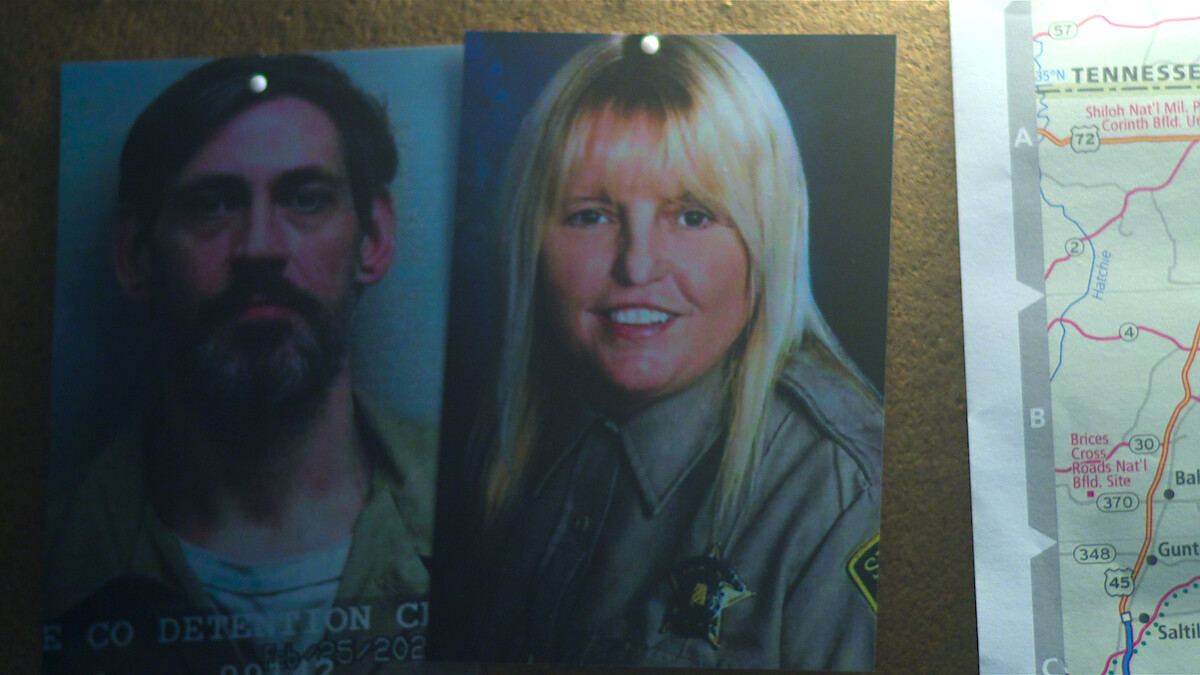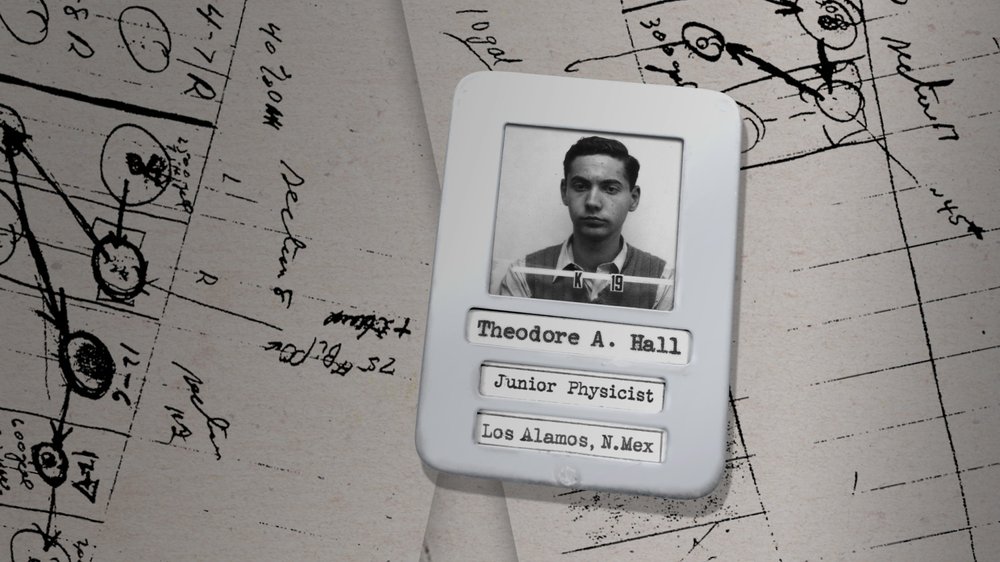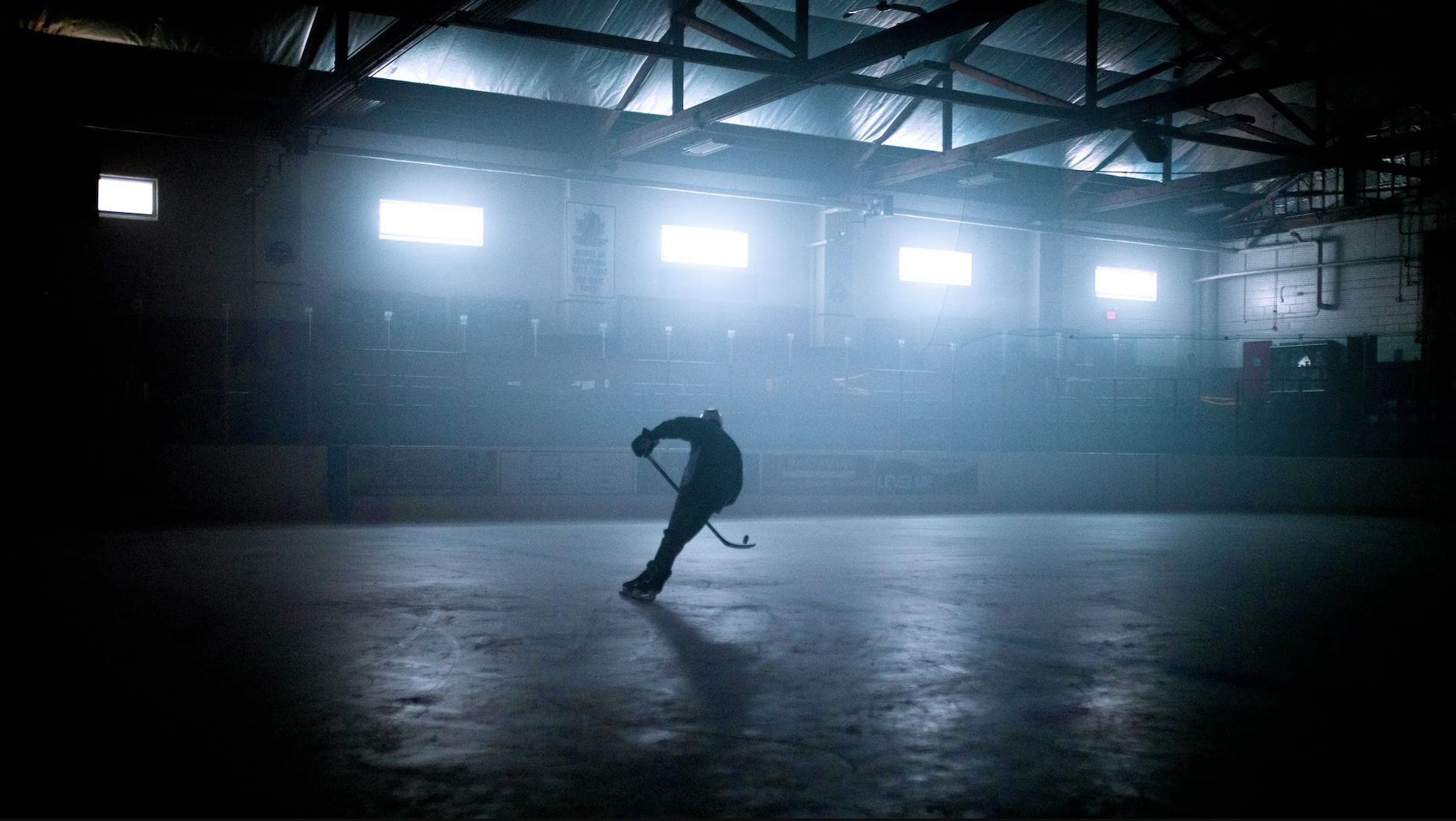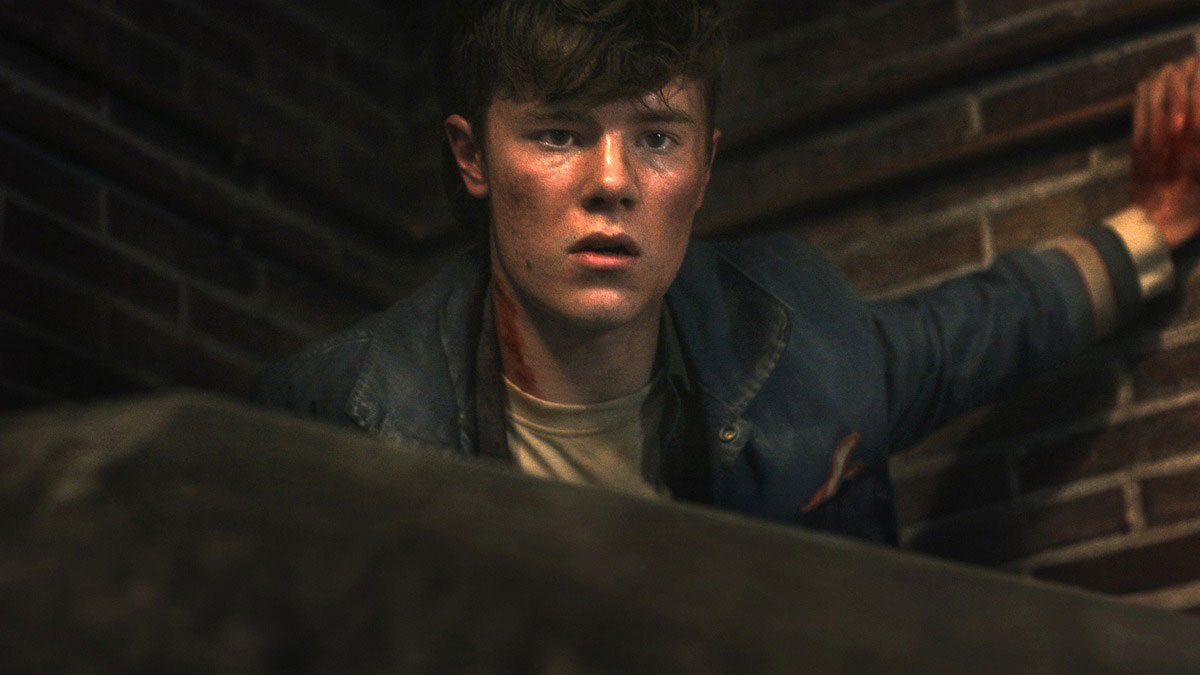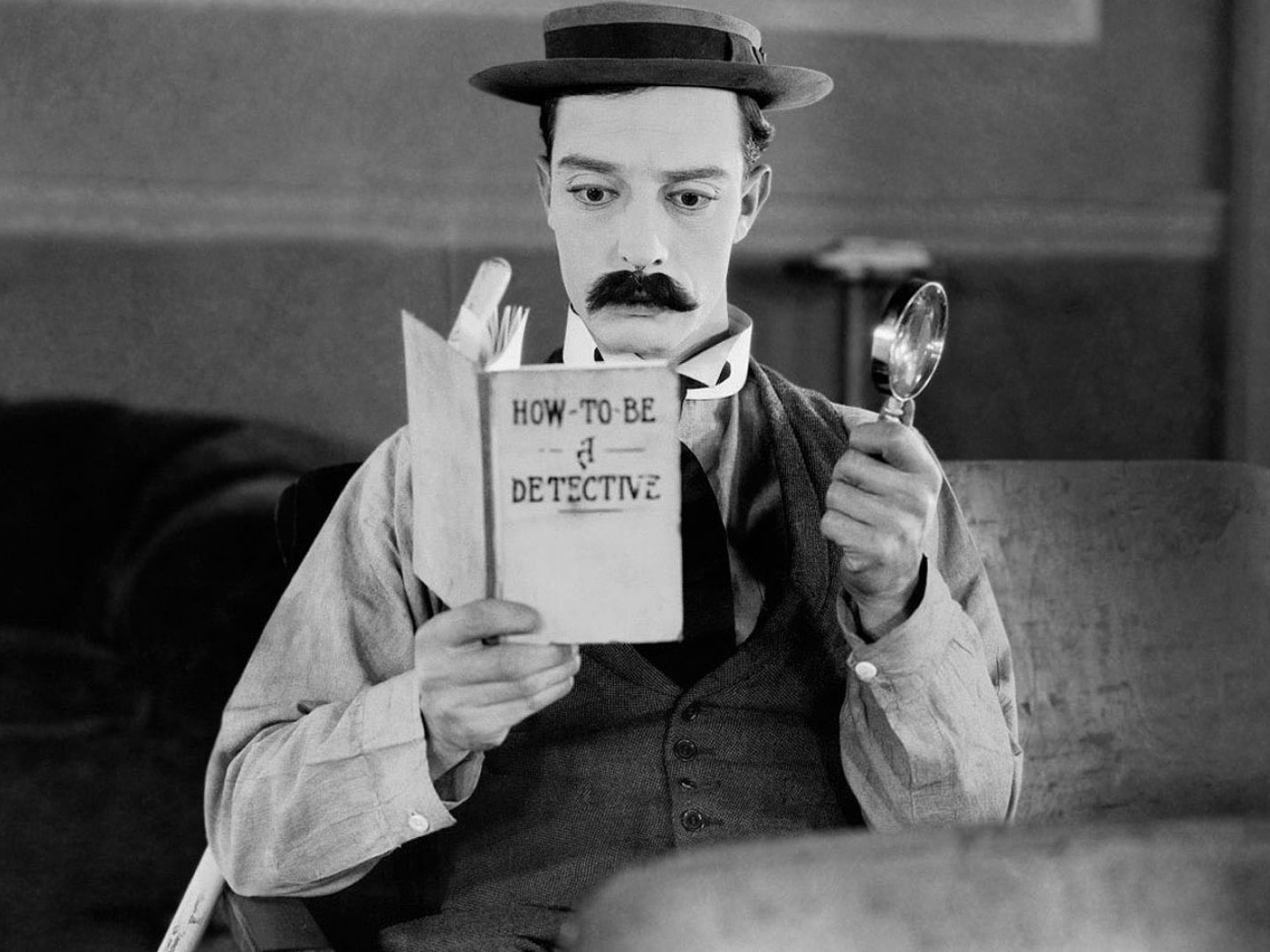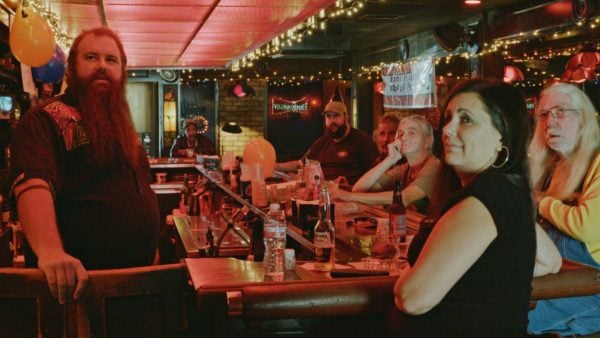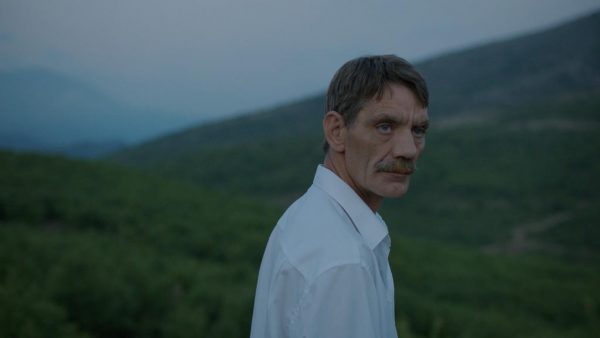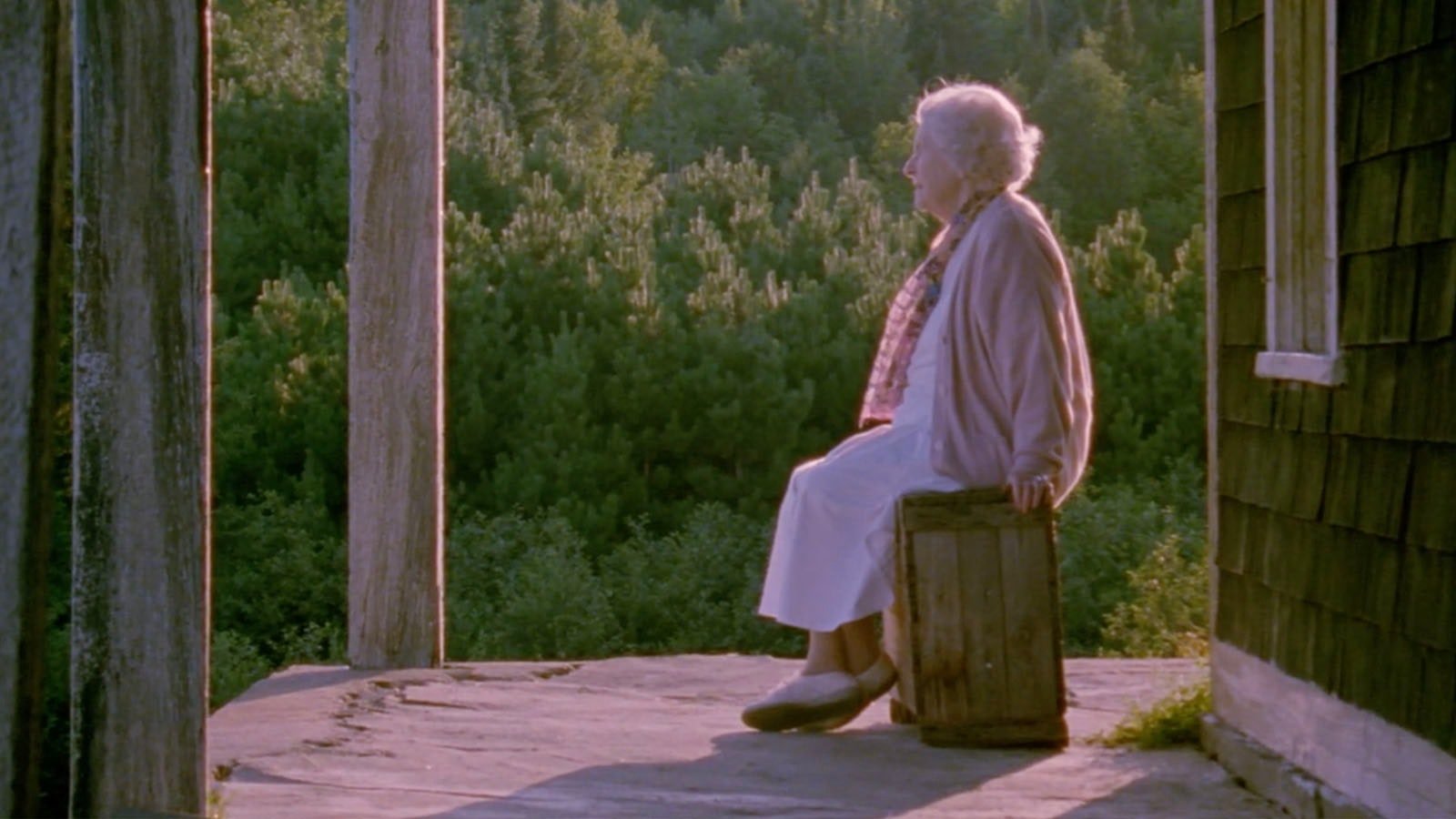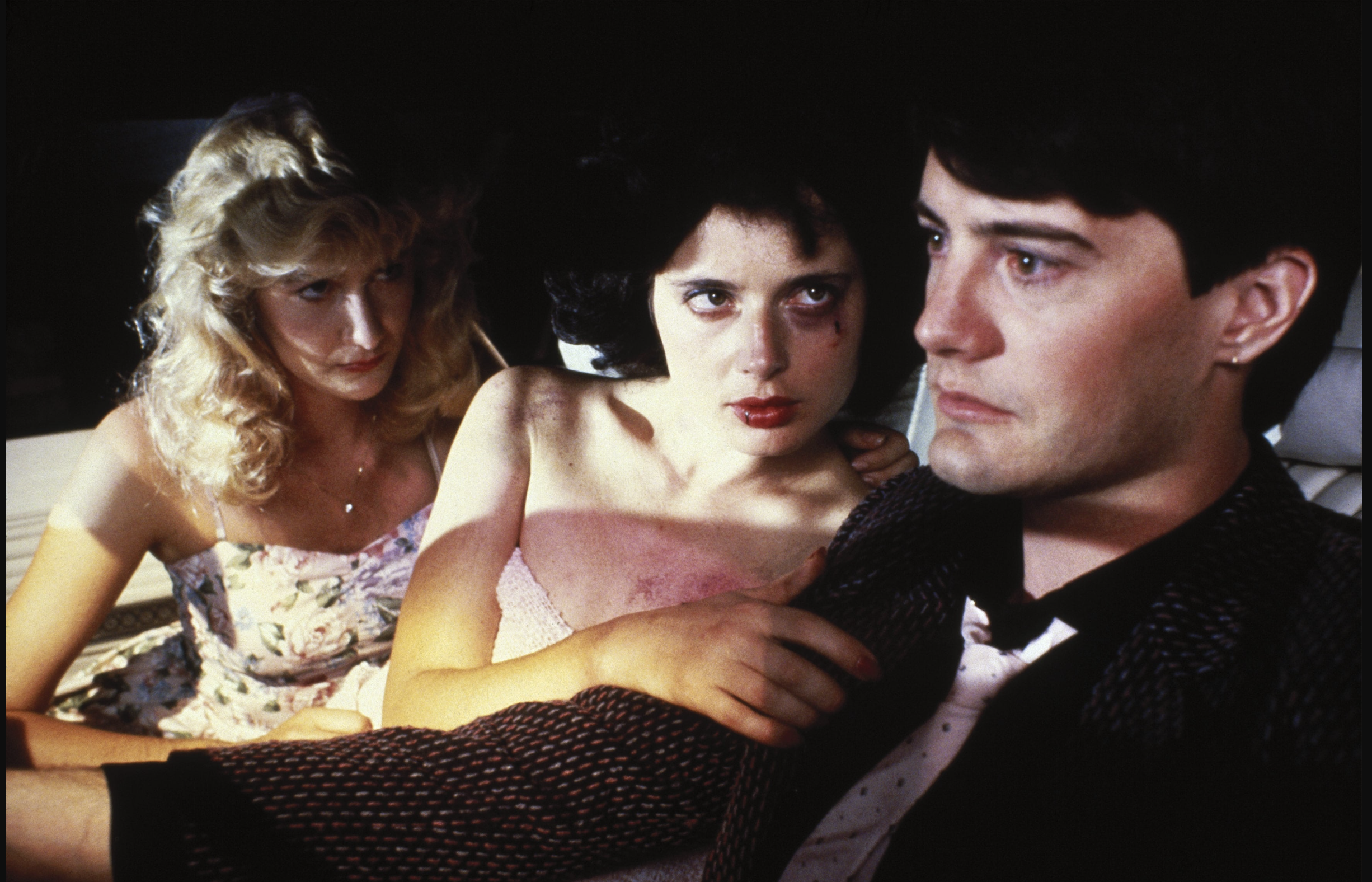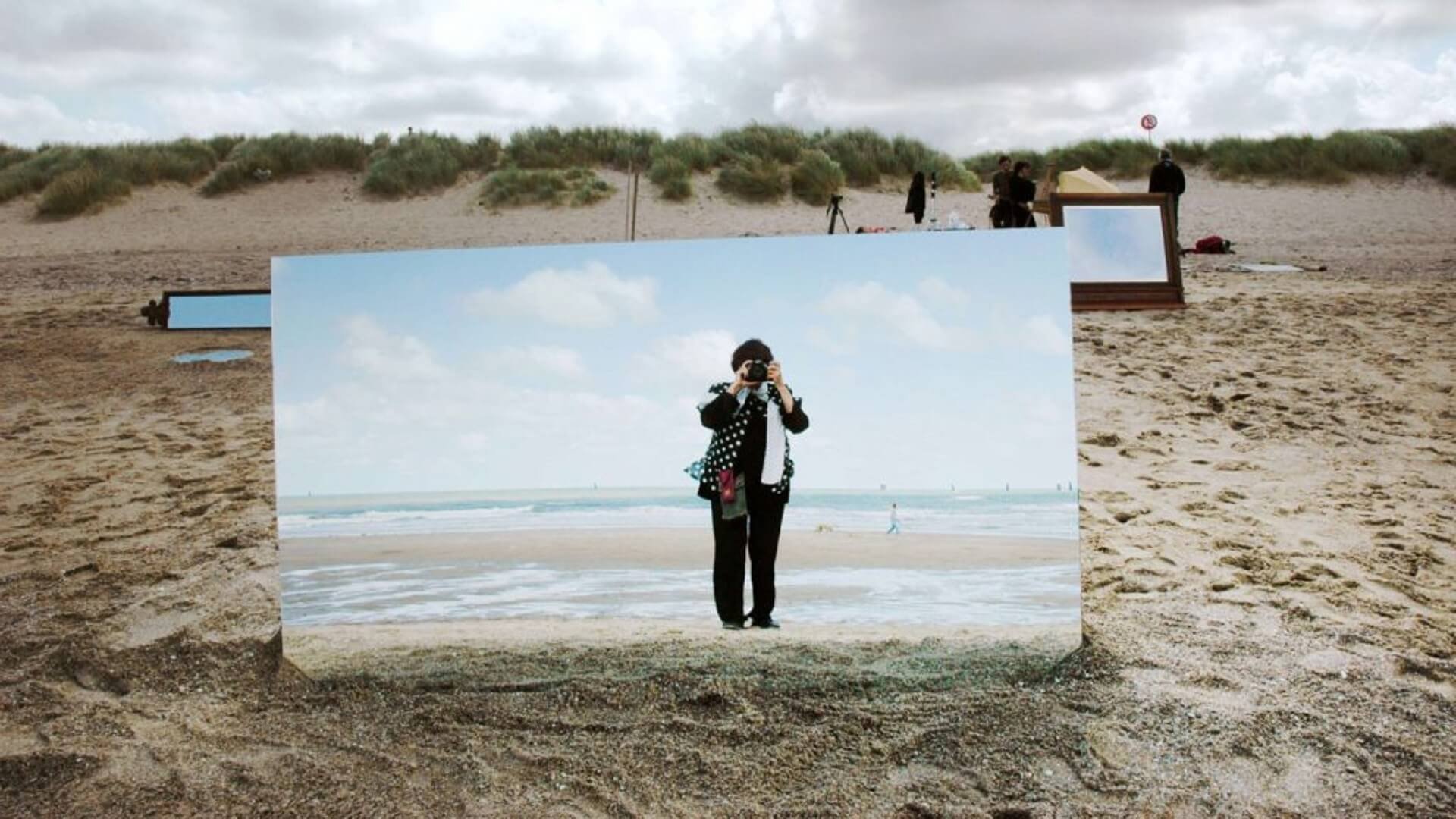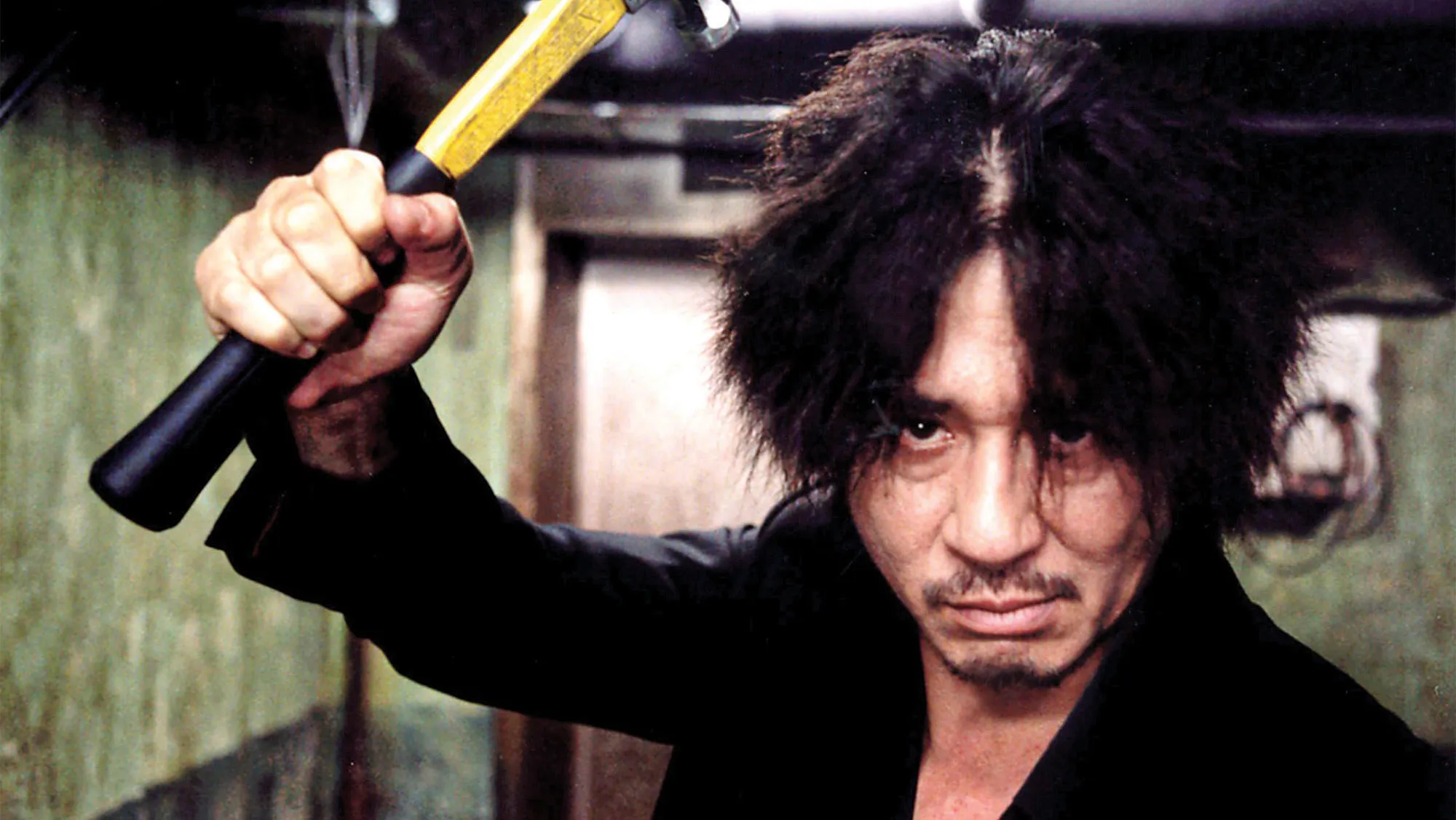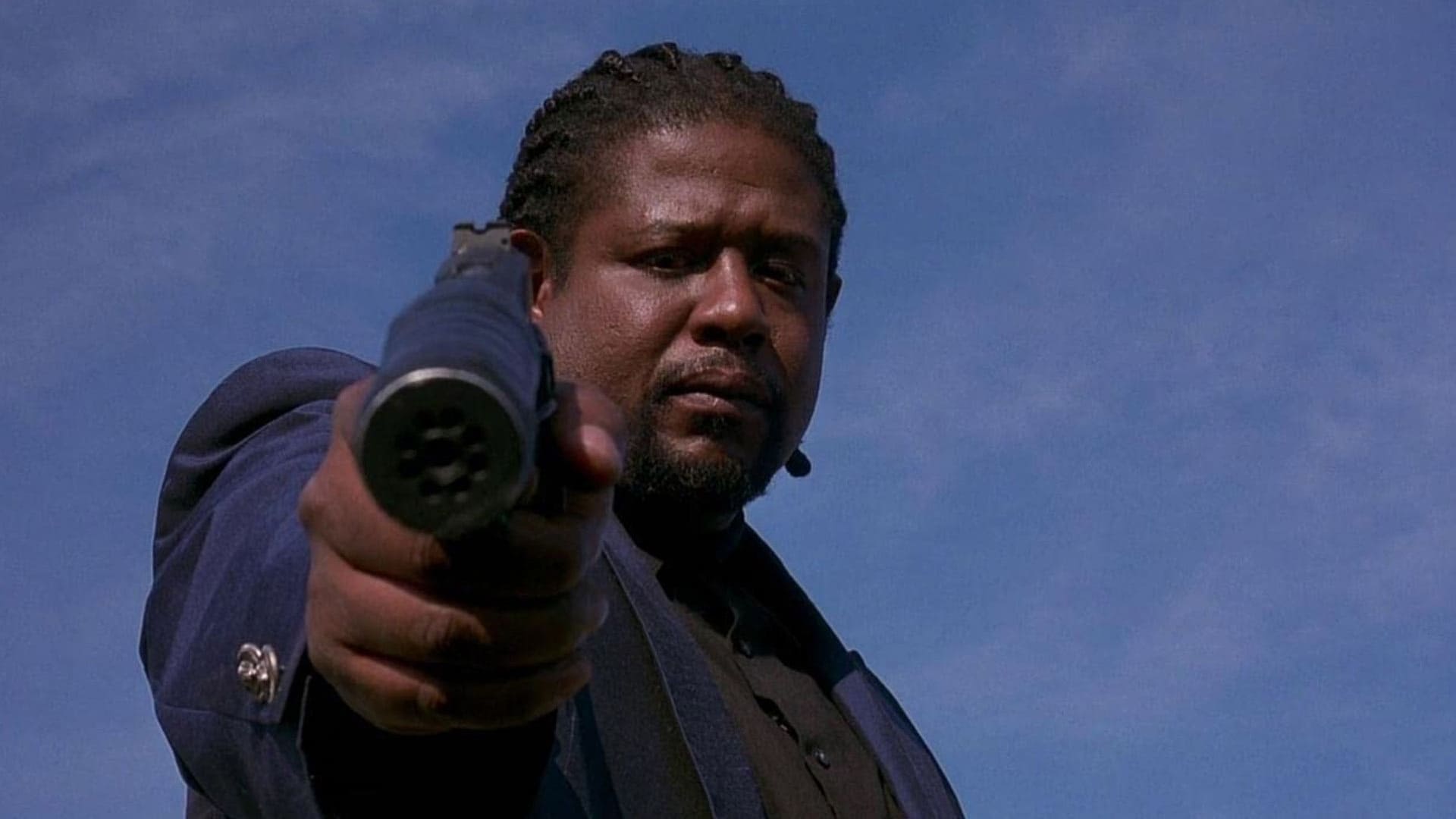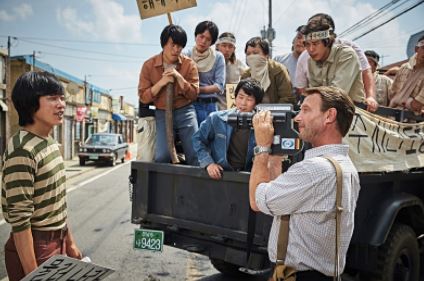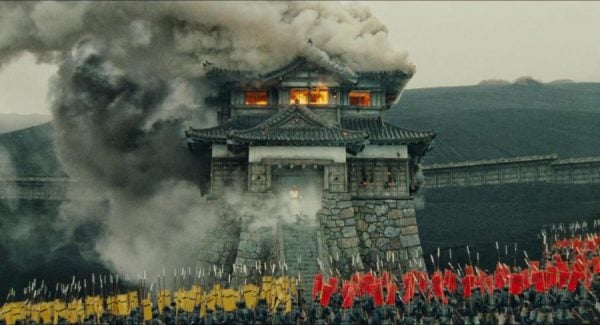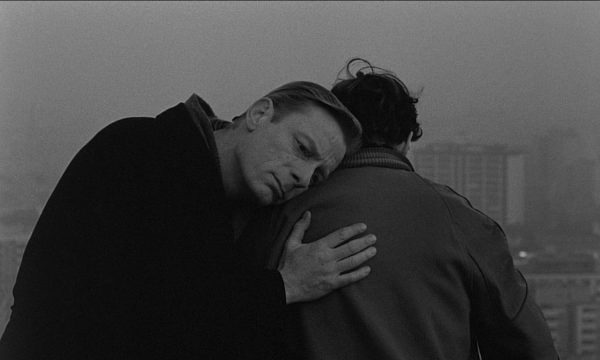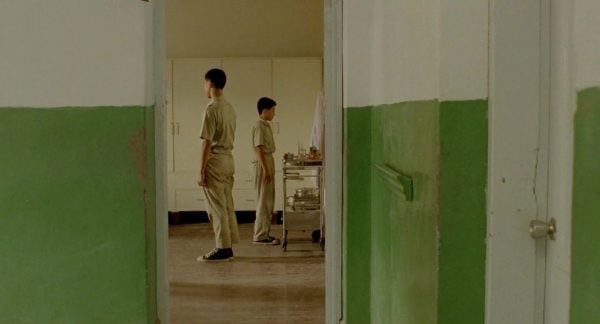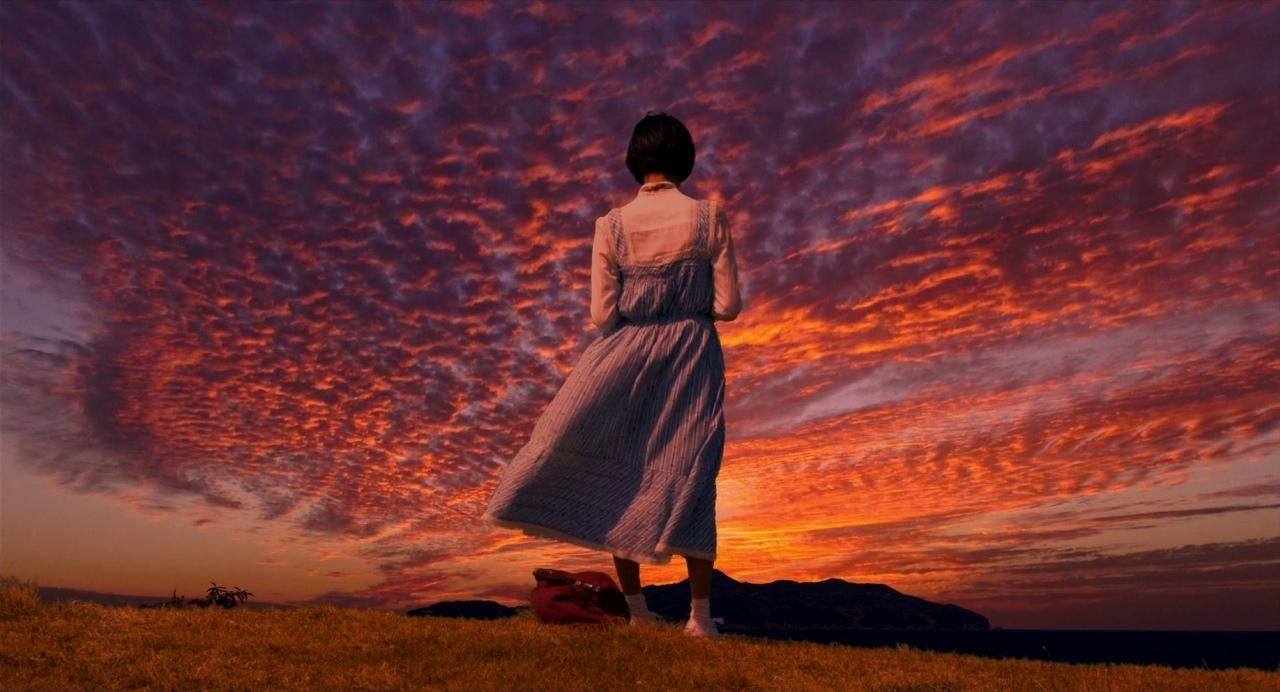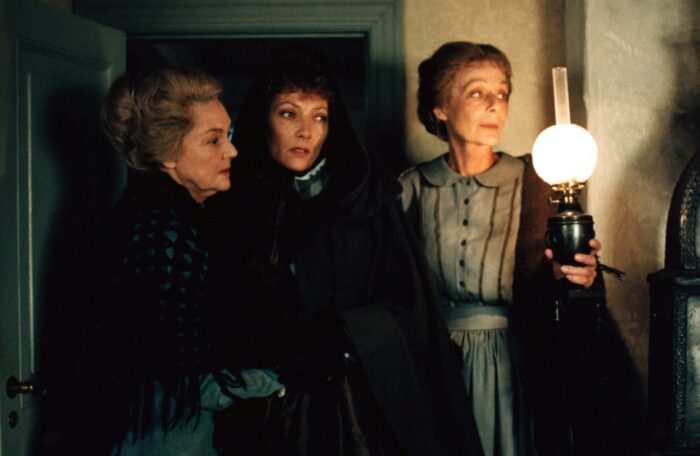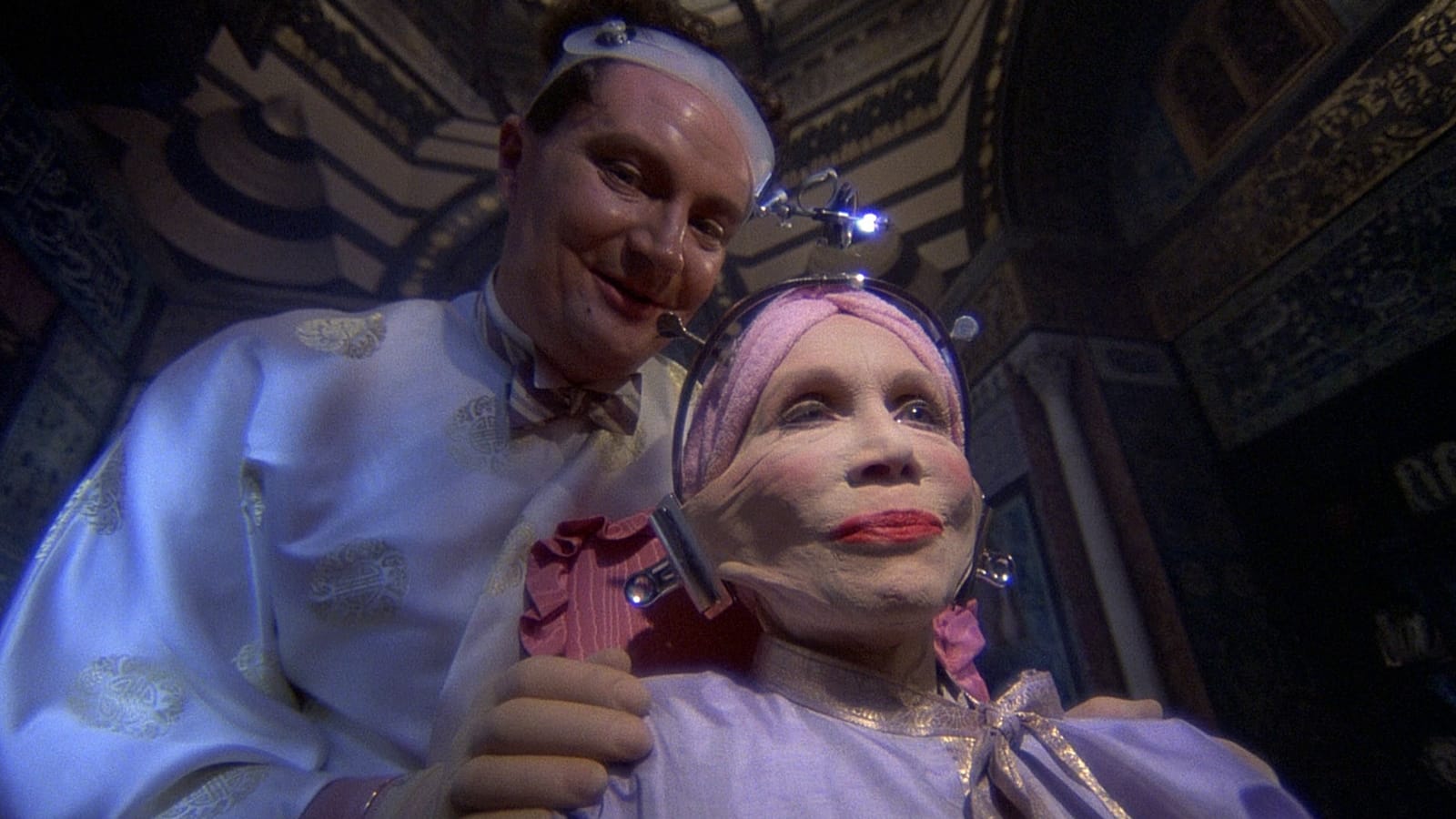Movies Like Dr. Strangelove or: How I Learned to Stop Worrying and Love the Bomb (1964)
After years of documentaries covering Thailand’s controversial issues, some of which have been temporarily banned by the Ministry of Culture, Nontawat Numbenchapol takes a step into feature film in Doi Boy. The plot covers plenty of the topics he’s previously depicted– immigration, prostitution, and corruption– but it unfolds naturally into a slow-paced, but moving drama […]
This documentary from journalist David Farrier, New Zealand’s answer to Louis Theroux, plays more like an out-and-out horror movie. But don’t be fooled by the serial killer connotations of its title — the real Mister Organ’s crimes are (mostly) psychological and have no obvious motive, making him quite a bit scarier than your usual screen […]
Biographical documentaries tend to depict exceptional people– people who are so great that everyone wants to know about them, and people who are so terrible that they serve as a warning. Great Photo, Lovely Life depicts a serial sexual abuser in photojournalist Amanda Mustard’s family, able to get away with nearly all his crimes each […]
Just like with his mentor and contemporary, Fred Rogers, there are no dark secrets to Ernest Coombs’ earnest belief in giving children the space to be gentle and creative. Even with relatively little “drama” throughout the life of the man called Mr. Dressup, it’s still profoundly moving to see him put in the work to […]
The idea of representation in movies is often limited to superficial gestures of putting on screen people who look a certain way. Kokomo City is a reminder of cinema’s possibilities when one really tries to queer filmmaking itself, with genuine queer voices driving a production. This documentary is messy and incredibly playful in its style—in […]
With an urgent subject and plenty of that trademark Netflix polish, Bhakshak is nothing if not watchable and consistently engaging. However, for all of its motivated performances and high production values, there actually doesn’t seem to be much that happens in the film by way of investigation or character development. Much of the plot seems […]
In this documentary about John Allen Chau — the American Christian missionary reportedly killed when he tried to preach the Gospel to one of the last uncontacted groups in the world — a participant muses about the “fine line between faith and madness.” The hazy border where one ends and the other begins is the […]
Jailbreak: Love on the Run could be many things depending on where you stand. You could see it as the tragic story of how an inmate successfully seduced his jailer into letting him escape. Or you could see it as the romantic tale of a woman finding her soulmate after years of denying herself companionship […]
As its title suggests, Steve James’ documentary isn’t shy about its sympathy for its subject. Physicist Ted Hall was just 18 when he was recruited to the Manhattan Project and underwent a crisis of conscience when it became apparent that the atomic bomb’s ostensible target — Nazi Germany — was on the brink of defeat. […]
Last Stop Larrimah is the rare true-crime doc in which not a single tear is shed throughout its substantial two-hour runtime. That’s because the assumed-dead 70-year-old around whom it’s centered had a lot of enemies: nearly all of his neighbors in the titular tiny Outback outpost he lived in, in fact. As the doc reveals, […]
A fascinating kernel of certainty is padded out with giddy speculation in this documentary about a pair of unlikely art thieves. The facts are as such: 32 years after a $160 million painting by abstract artist Willem de Kooning was crudely cut from its frame in an Arizona gallery, a trio of small-town antique dealers […]
What Black Ice lacks in comprehensive research about the structures that maintain institutionalized racism inside major hockey leagues, it partly makes up for with one painful testimonial after another. This is a documentary that aims for the personal and the emotional over the intellectual—still an effective strategy as the film makes its point through repetition, […]
Sincere and direct, Ana Rocha de Sousa’s debut feature is a tragic portrayal of an immigrant family in the United Kingdom. Known best abroad for her role in Love Actually, Lúcia Moniz shines as devoted mother Bela, who, along with Jota (Ruben Garcia) struggles to keep their family together. The couple and their three children, […]
Not to be confused with James Cameron’s 1989 film, The Abyss isn’t the worst disaster film, but it could have been so much more. Inspired by the earthquake that actually happened in the real life town of Kiruna, there’s an important story here about worker safety, responsible mining, improving emergency protocols, and preserving the environment. […]
In his last film, American Serb film historian Peter Bogdanovich celebrates silver screen legend Buster Keaton. The subject alone is compelling to watch. It would be easy to pull clips from Keaton’s works, dig through the headlines, pull in some celebrity interviews, and call it a day. However, in Bogdanovich’s hands, this documentary handles Keaton […]
This stirring peek into the final days of a shuttering Las Vegas dive might be one of the finest odes to American bar culture yet. It also serves as a powerful portrait of a particular moment deep into the disastrous Trump years, yet right before the pandemic struck. Directors Bill and Turner Ross capture the […]
This realistic drama produced by the director of Toni Erdmann is about a group of German workers who are sent to the Bulgarian/Greek border to build a water pump. Their arrogant leader harasses a local and flies a German flag, prompting a clash with the nearby village. Unlike the reference of its title, Western doesn’t […]
It’s hard to overstate just how lovely — and quietly radical — this largely improvised Canadian docudrama is. The scenario (seven elderly women and their tour bus driver are stranded in the Canadian wilderness for a few days) is contrived, but the rich, lively conversations that feature are all drawn from the women’s real lives. […]
David Lynch’s star-studded provocation Blue Velvet was both revered and criticised upon its release because of how heavily it leans on sexuality and violence to advance its plot, but today the film’s hailed as a contemporary masterpiece. Still, scenes with that kind of content are quite hard to stomach in combination with Isabella Rossellini’s depiction […]
This is an excellent Russian movie about an ambulance unit and the paramedic that leads it. His long-time relationship starts suffering from a combination of alcoholism and his devotion to his work, which are also linked together. This is set in a country where ambulances are underfunded and the health-care system is frail. As a […]
Joshua Oppenheimer’s daring feat is a documentary unlike anything ever done. Despite it being one of the most difficult things to watch for any human being (or because of it), The Act of Killing received praise across the board, including an Academy Award nomination. Without Oppenheimer’s efforts, you might have never heard of the unspeakable […]
It’s a testament to Agnès Varda’s remarkable ability to glean so much raw beauty and truth from the world that this autobiographical documentary is such a rewarding watch, even for people unfamiliar with her. The Beaches finds the pioneering director in reflective mode as she looks back at her work and life, but her artistic […]
From Korean director Park Chan-wook, who also brought you the far quieter The Handmaiden, comes a movie that is positively terrifying. Its premise alone is enough for any sentient human being to shudder. On his daughter’s birthday, the good-for-nothing Oh Dae-su (played by Choic Min-sik) gets drunk and is arrested by the police. A friend […]
This movie is gentle and utterly chaotic, intimate and massive, beautiful and ugly… it tries to be so many things and somehow pulls it off. It tells two stories parallel in time, based on the real-life diaries of two European scientists who traveled through the Amazon in the early and mid-twentieth century. Their stories are […]
Director Jim Jarmusch audaciously combined the DNA of French noir classics with that of samurai and mafia movies to produce this utterly original film. As advised by the ancient Japanese manual it often quotes, though, Jarmusch’s movie also “makes the best” out of its own generation by adding hip-hop into its wry genre blend. The […]
A cynical down-on-his-luck Seoul taxi driver is hired by a German journalist to go to another town called Gwangju. What seemed like an easy and overcompensated journey at first takes him into the heart of a city under siege by the military. This is in fact the student uprising that will be a very important […]
An attempt to articulate just how vast and magnificent the scope of Akira Kurosawa’s 乱 (Ran) is will inevitably fall short. Recognized as a master of epics, including his 七人の侍 (Seven Samurai, 1954), Kurosawa reimagines Shakespeare’s tragic King Lear set in medieval Japan. Each shot is labored and precise, as sublime landscapes overwhelm the screen, […]
Two angels wander the streets of a monochrome Berlin, invisible to the colorful world that bustles around them. When one of them falls in love, he begins to question his place and yearns to give up immortality to join the ranks of the living. Wim Wender’s exceptional film is a poetic meditation on faith, cinema, […]
At nearly four hours long, A Brighter Summer Day is a sprawling, beautifully composed film that follows young Xiao Si’r and his eventual entanglements in nearly everything, from love to youth gangs to politics. While parts of the story, particularly its bone-chilling climax, are based on true events, the film is largely reconstructed from Edward […]
Whilst a classic in some circles, Festen is many things, but it’s definitely not mainstream entertainment. It was shot by Danish director, Thomas Vinterberg, who founded the Dogme 95 movement together with Lars von Trier in 1995, which sought to put the auteur director back at the heart of filmmaking, as opposed to the power […]
The Sanskrit word Samsara refers to the wheel of life and roughly translates to “continuous flow”. And, indeed, Samsara takes us on an entrancing journey, chronicling the never-ending cycle of birth, life, death, and re-birth that life, big and small, goes through—at least according to the religions that were born on the Indian continent. Shot […]
While best known for 1977 cult horror classic House, Nobuhiko Obayashi first dreamed of adapting Hanagatami, a 1937 novella by Kazuo Dan, and it was only until the later end of his life that he got to fulfill that dream. It’s possibly the reason why Hanagatami feels like a surreal set of memories, with Karatsu’s […]
Sisters Martine and Filippa, daughters of a founder of a religious sect, live a simple and quiet life in a remote coastal village in Denmark. Throughout the course of their lives, they reject possible romances and fame as part of their commitment to deny earthly attachments. This is upended by the sudden arrival of a […]
Living in the Material World tells the story of one of the most influential musicians of recent history, the “quiet Beatle” George Harrison. It is, in turn, told through the eyes of one of the most prominent filmmakers of recent history, the always amazing Martin Scorsese. Famous for his feature films, Scorsese has been a […]
In the movie Brazil, our hero Sam Lowery (Jonathan Pryce) lives in a dystopian world that relies on the cold productivity grind of machines. He’s in a constant battle between the high-level dominating powers that be and the low-level beatdown scums of society. Saving him from complete misery is a recurring dream he has of a […]
Martin Bell documents the lives of youth living in the streets of Seattle in the early eighties with profound empathy. It’s a type of filmmaking that doesn’t judge or condescend, but seeks to capture the humanity of its subjects. The result is a film bursting with life and laughter, and although tragedy lurks around every […]
























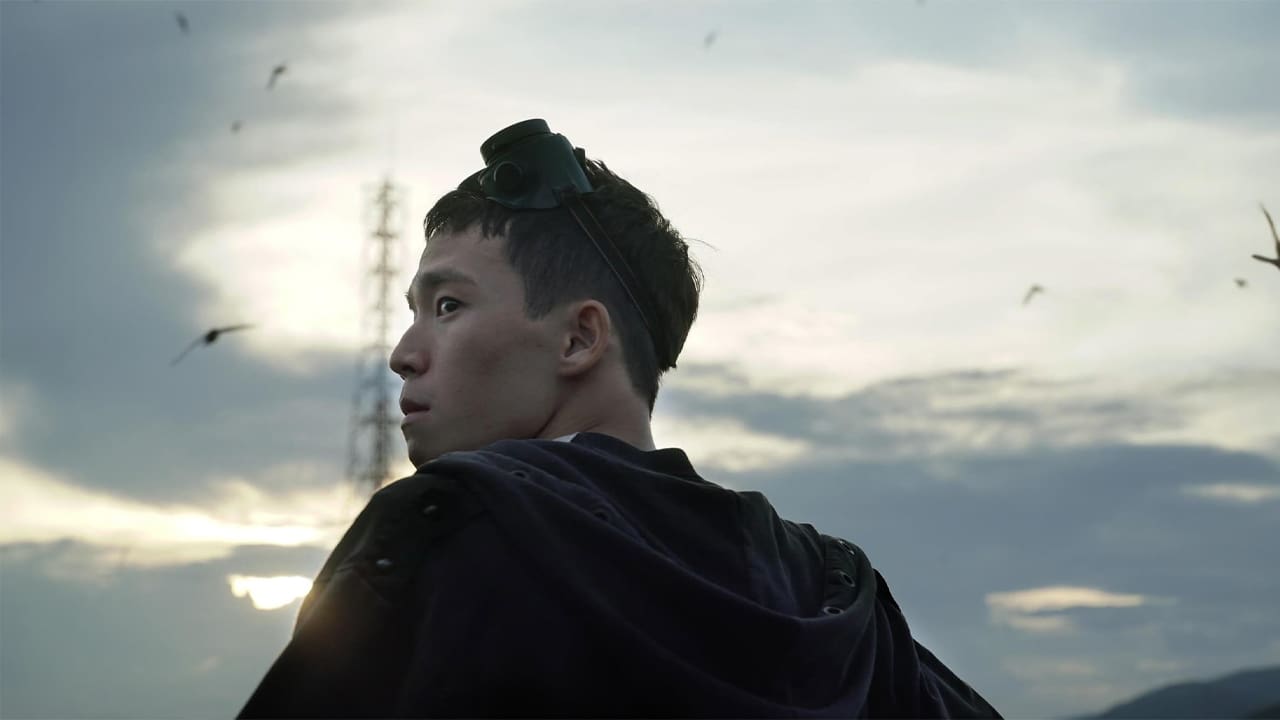
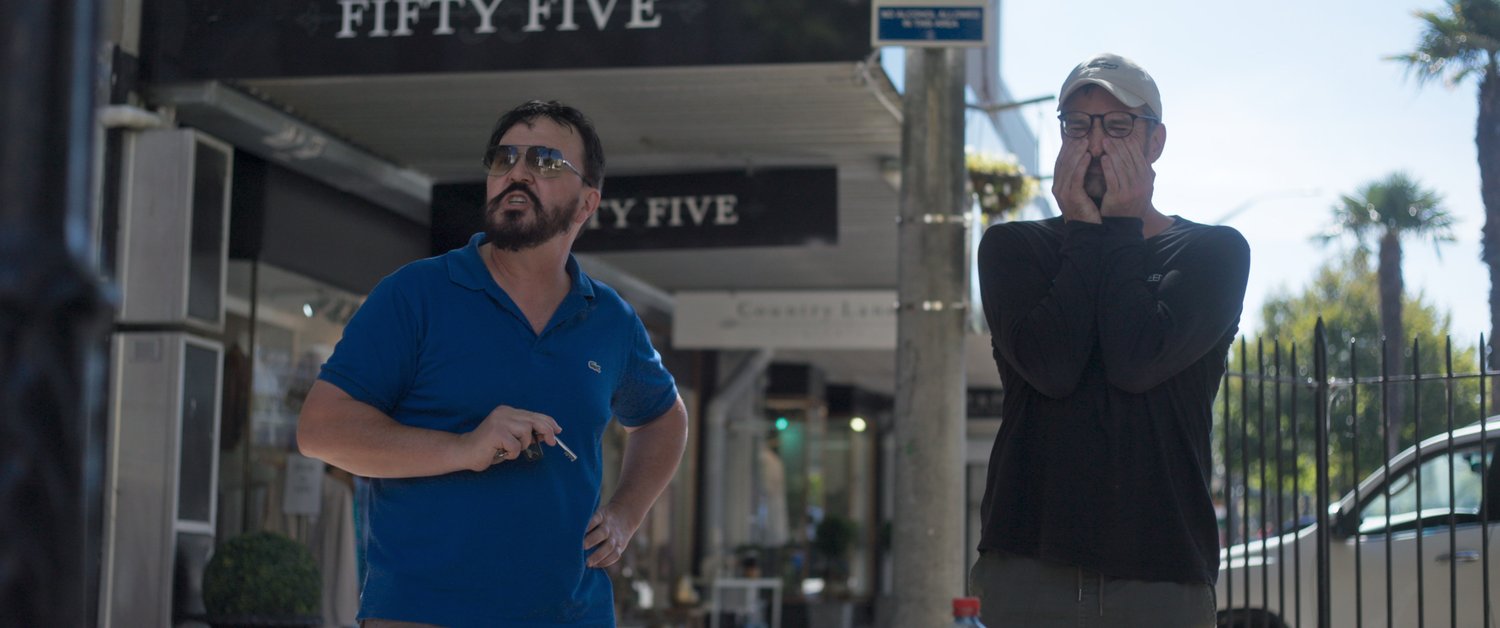
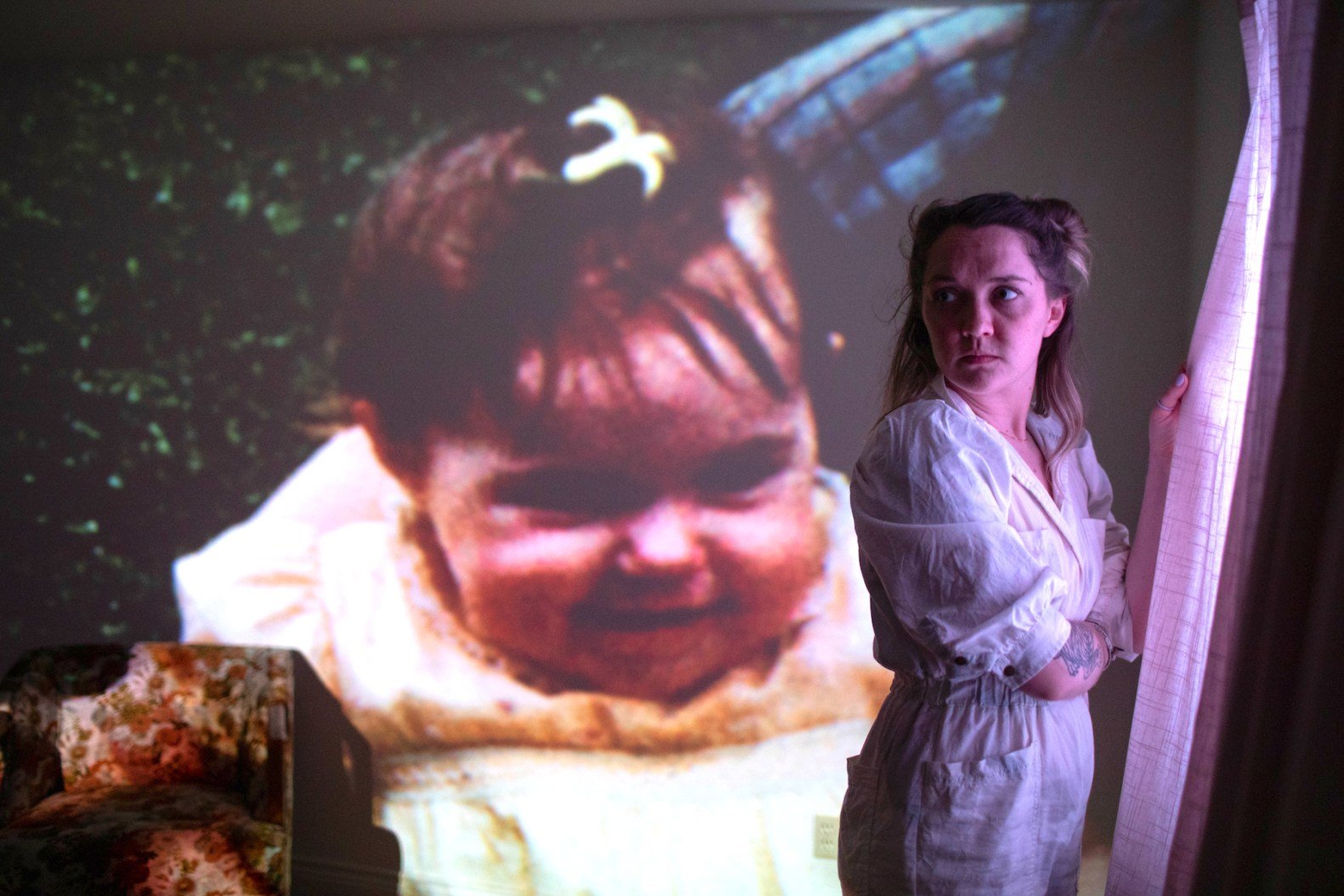
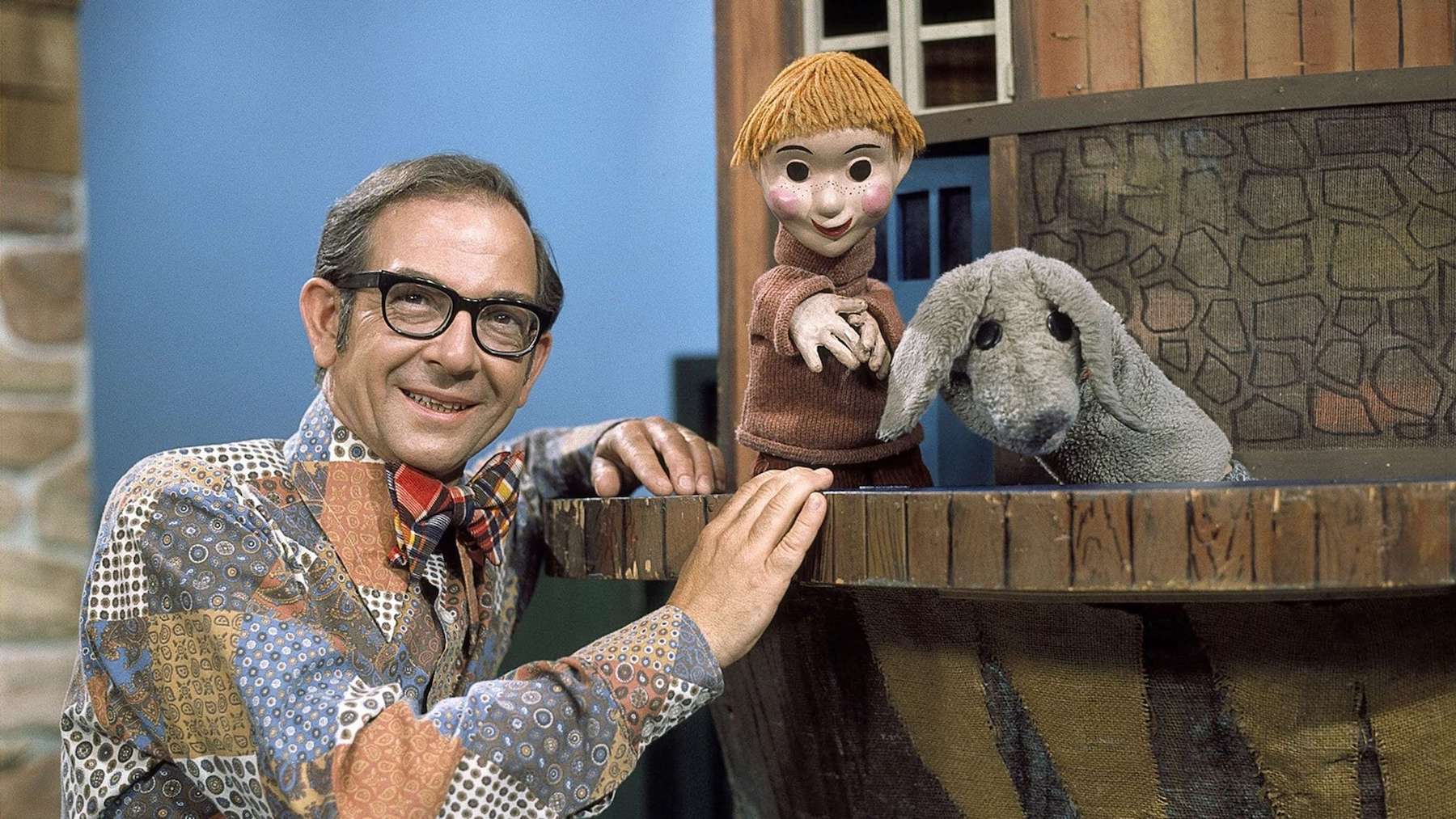

 x5
x5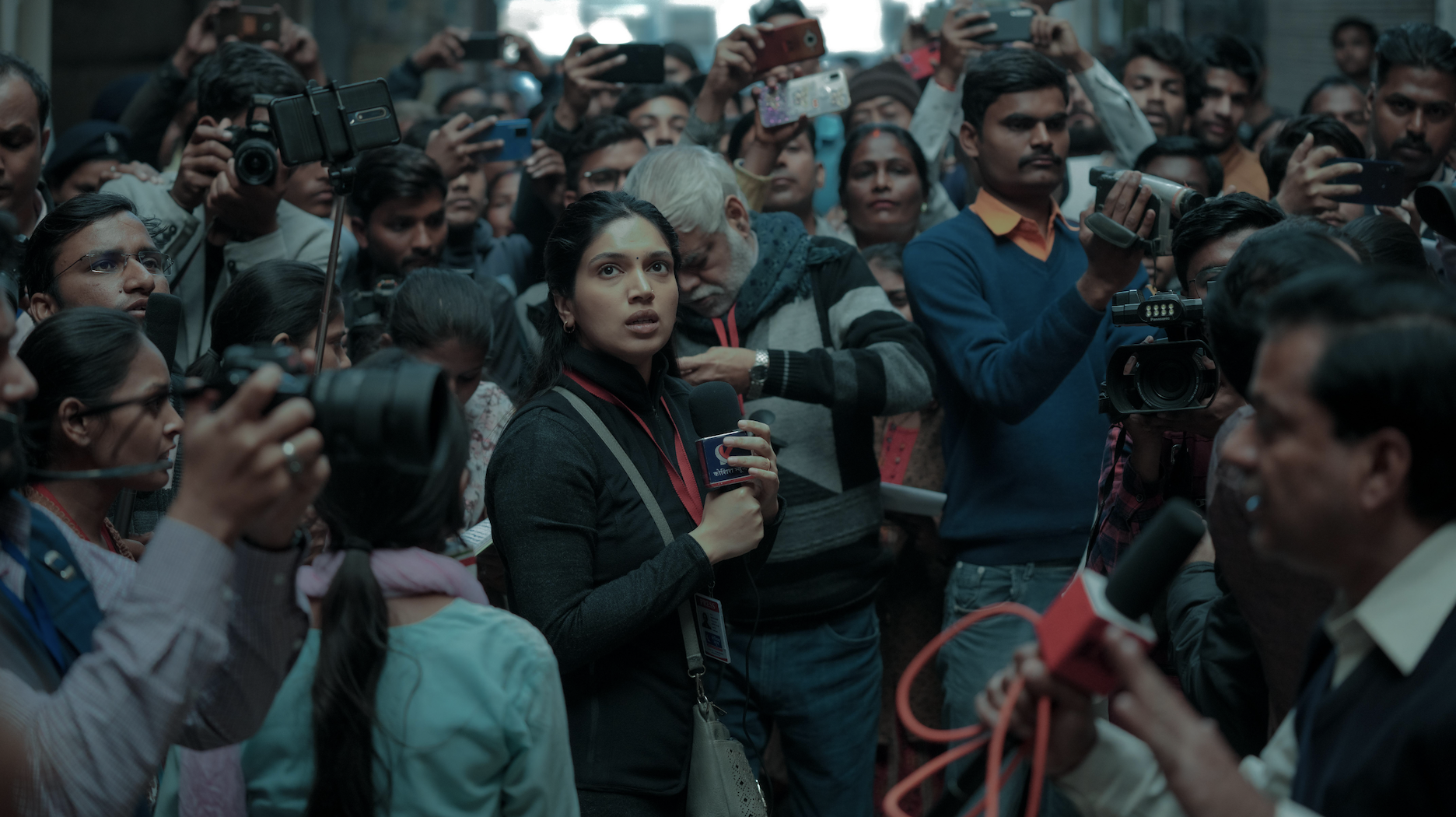

 x7
x7